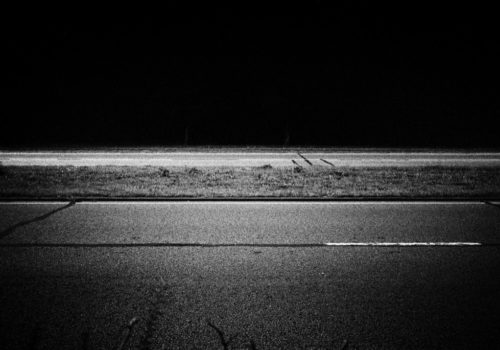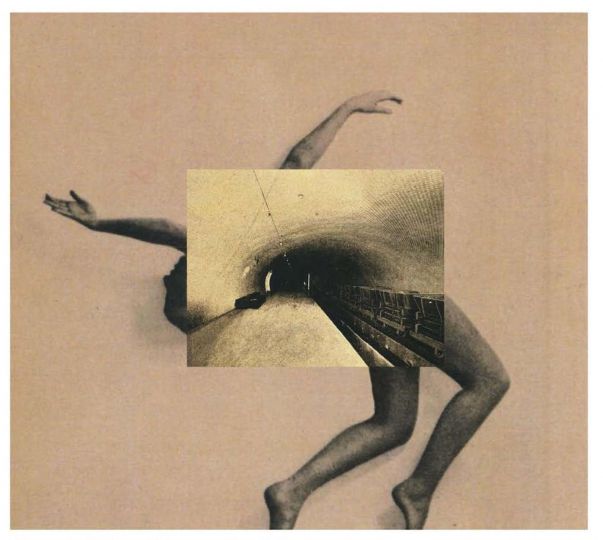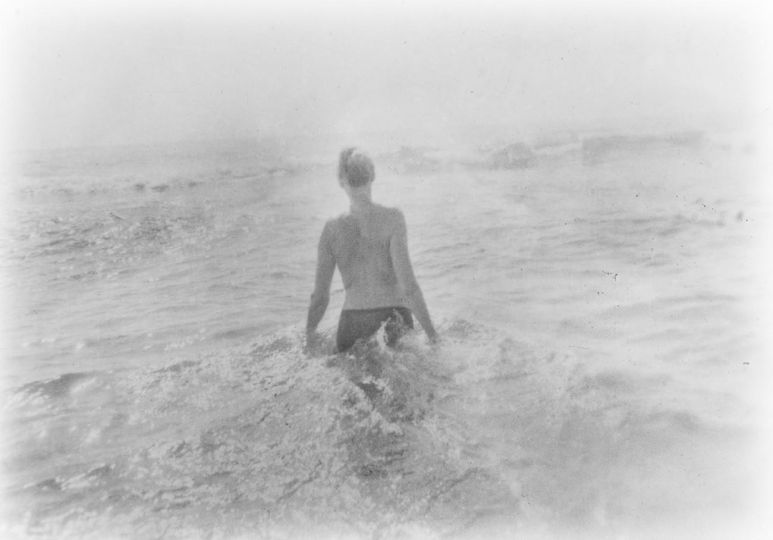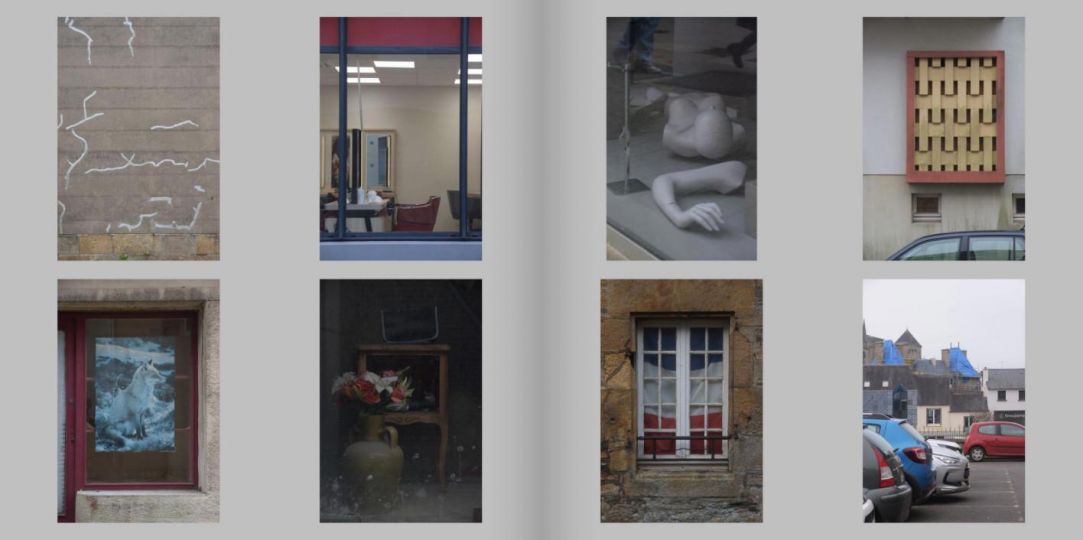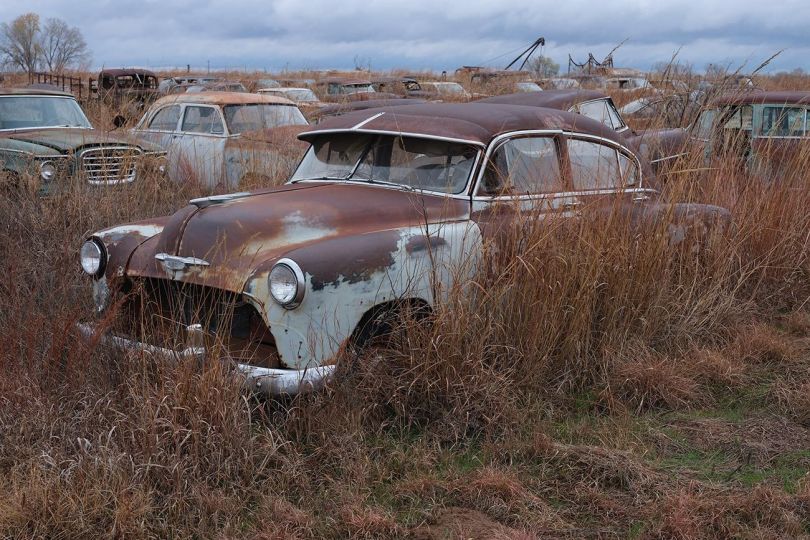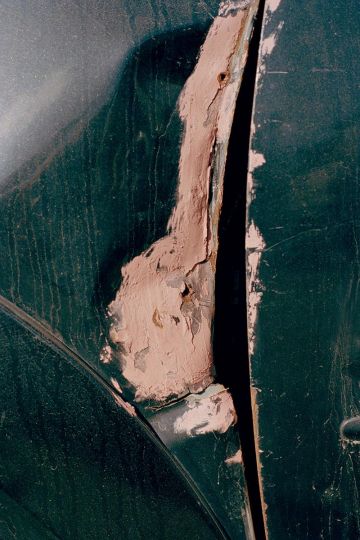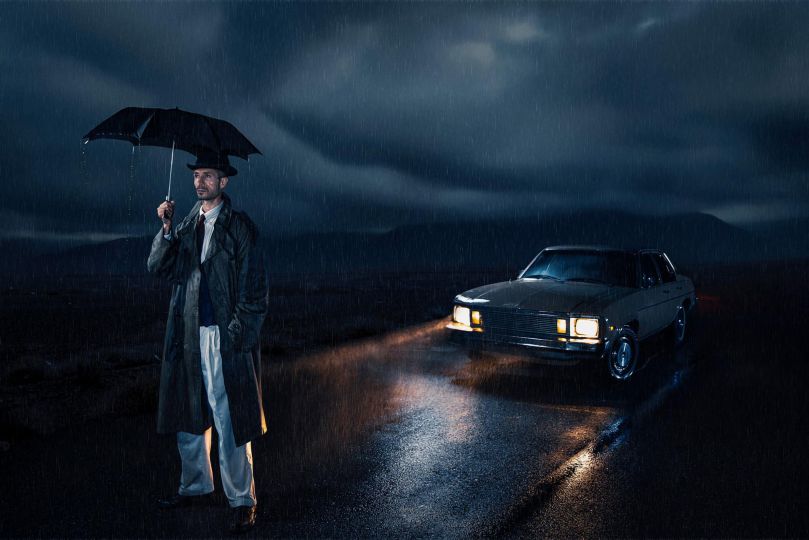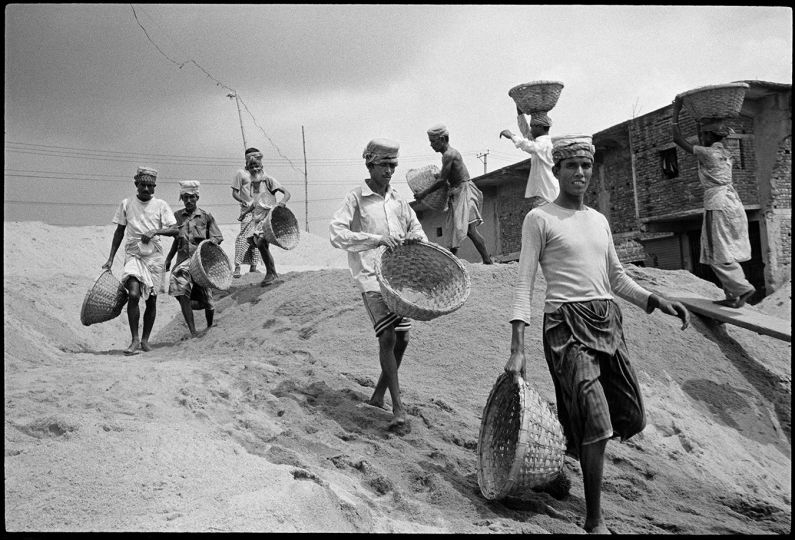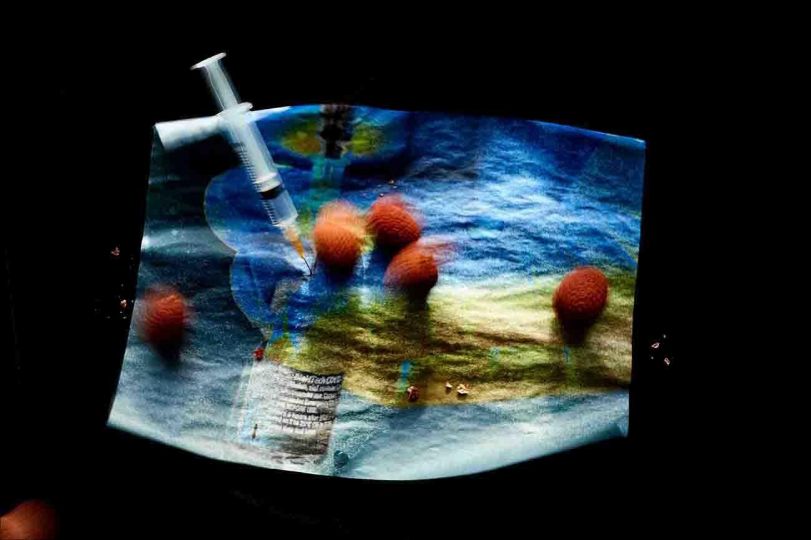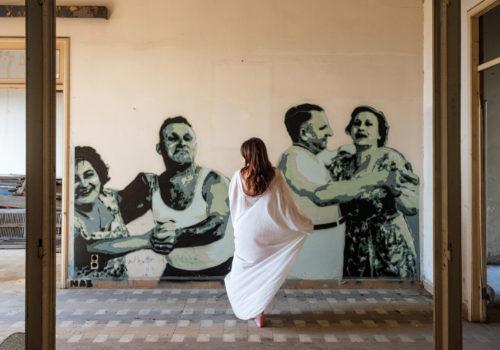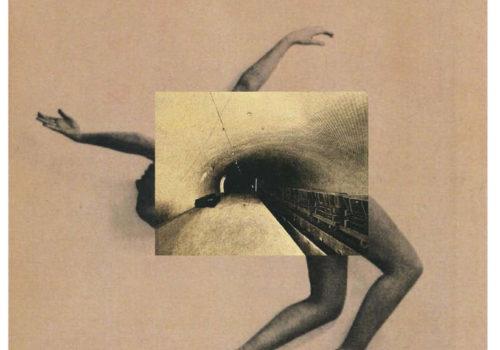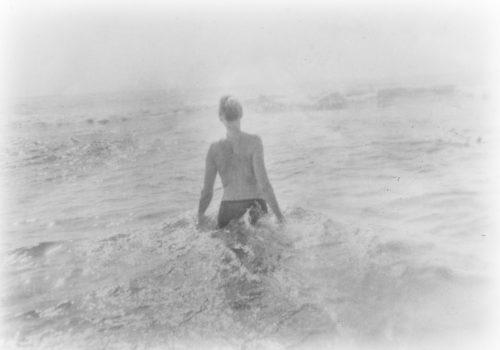Three months after the British people voted in favor of Brexit, and while the Foreign Secretary Boris Johnson has announced negotiations would begin in early 2017, the debates on immigration are increasingly acrimonious, the notion of identity is at the very heart of European rifts.
“As I write, Britain’s referendum on the European Union membership looms. . . . In a recent poll readers of the Basildon Evening Echo said they would vote to leave the EU, 81% to 15%,” CJ Clarke wrote in Magic Party Place, just out from Kehrer Verlag.
Ever since the creation of the town of Basildon, England in the 1950’s, during an era when the middle class migrated to suburban utopias in search of various opportunities, it has been portrayed in the media as the “average town.” Every election cycle, the citizens of Basildon are surveyed to determine if potential candidates have a chance of winning. The verdict of the Basildonians is invariably proven correct.
Viewed through CJ Clarke’s lens, however, Basildon seems frozen in its after-glory, where some fifty-year-olds embrace on an abandoned dance floor amid empty laughter; youngsters relieve boredom with cigarettes; local news reports punctuate life like the lunar cycles; and traffic lights seem to change only to pass the time. It’s a far cry from the image of British vibrancy, and an even farther cry from the place the photographer chose to portray under the title “Magic Party Place.”
“The title comes from an actual neon sign I found glowing as I walked through the town at night. It was neon lit yellow in the gloom and the town was deserted; a sign proclaiming life and activity when there was none; it seemed an apt title for the work; a place where we have turned inwards into ourselves, into our own homes; small groups of families and friends, house parties, small gatherings no longer unified by a wider civic identity”, explained CJ Clarke.
Born in Basildon, CJ Clarke did not think he would ever return, and his interest in photography and journalism naturally took him beyond the broken dreams of his hometown. “People thought that there was something to aspire to in Basildon. They could do more, better and faster. It was like a little piece of America in Essex.” Interviews with the first residents are scattered throughout his book. “I wanted to convey the strong feeling of pride of the people who moved from London to this new town in the 40–50s in order to contrast with the feeling of disaffection of the young generation,” said CJ Clarke, confirming A.E. Alexander’s analysis in the afterword: “It’s a utopia from the 20–30s that has proved wrong as everything is dynamic,” wrote the researcher from Cardiff Business School.
Alexander goes on to add: “In advancing Britain as a post-industrial economy by offering facilities for new growth industries, the new towns had an unexpected result of contributing to Britain becoming an open, multi-ethnic society. . . . While the wider forces of immigration and anti-immigration have become a hot political issue, the persistence of journalists in repeatedly asking questions such as ‘What is the optimum size for our population?’ echoes the Edwardian view that a town has an optimum size.”
By portraying this essentially white, working-class community with the intimate gaze of a native and the distance of a documentary photographer, CJ Clarke delves into the roots of Brexit and concludes: “The intention was to study the state of the English nation through the microcosm of the most average place in the country. There is a real disconnection between populations living inside and outside of metropolitan cities. These are almost parallel universes. Lots of towns are quite unchanging—there is no radical change, no revolution. Change happens slowly, and it’s more fragmented now. It’s the general course of the 21th century, and it’s something that has definitely accelerated. This gives a wider sense to European isolation.”
Laurence Cornet
CJ Clarke, Magic Party Place
Published by Kehrer Verlag
45€

